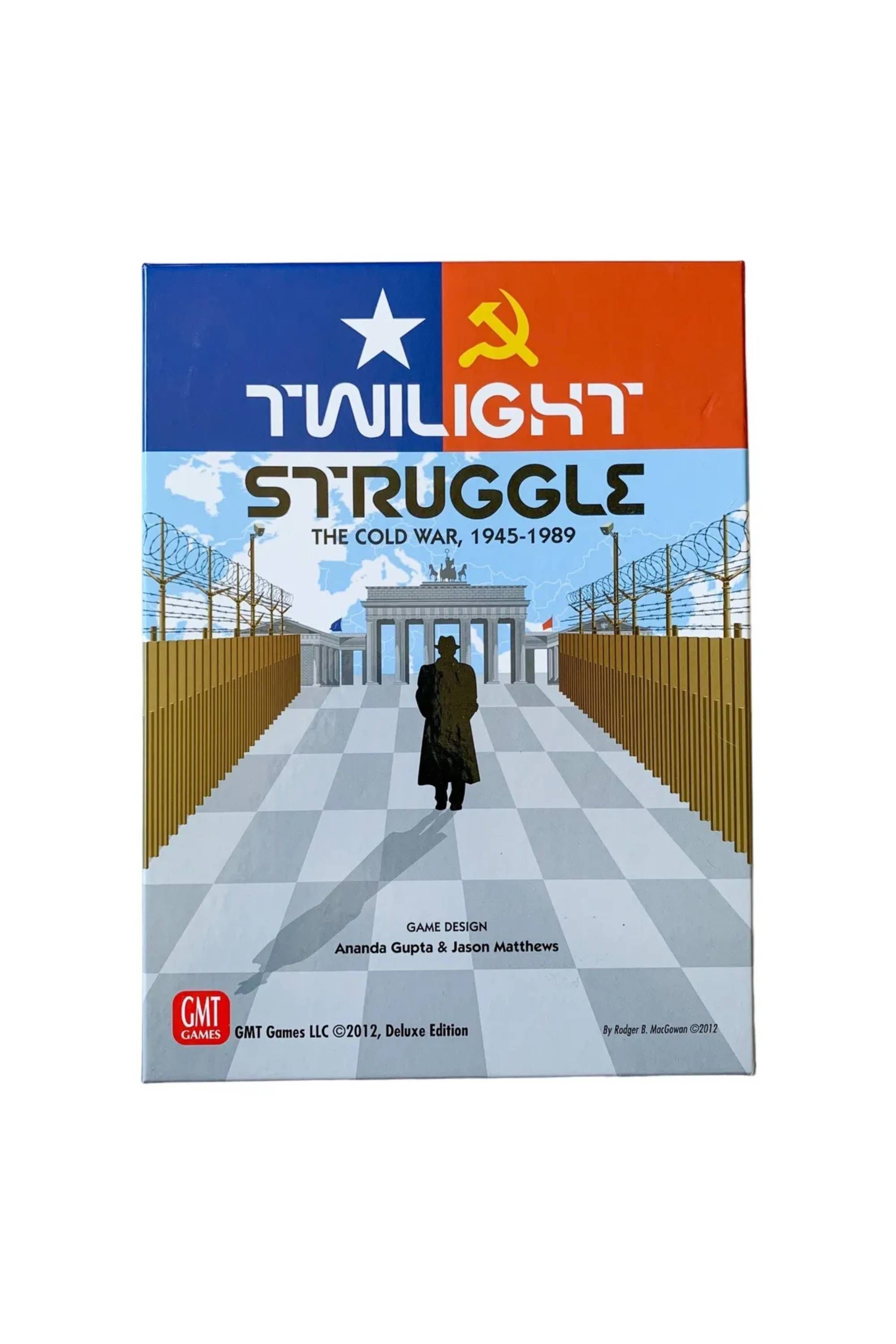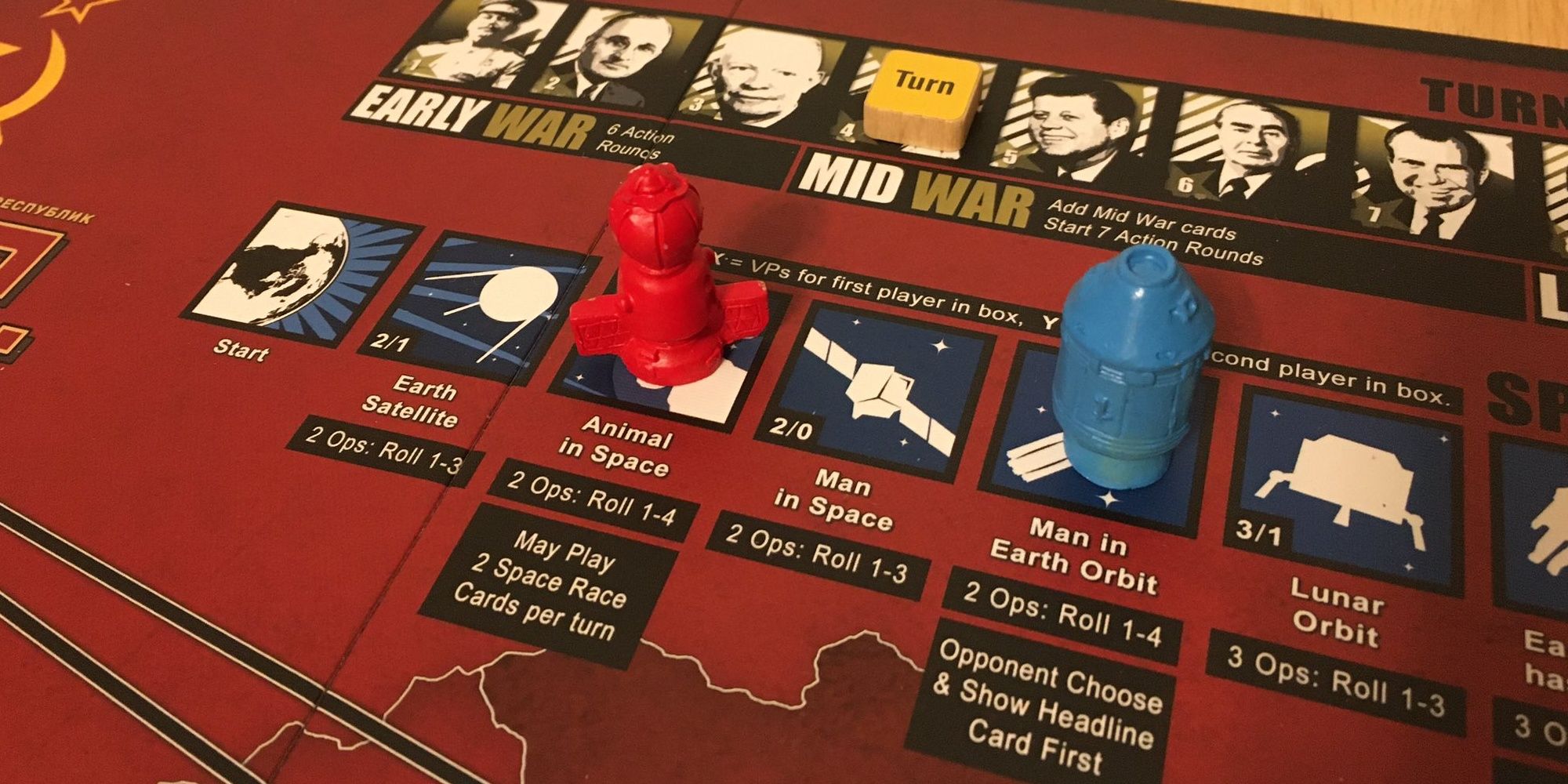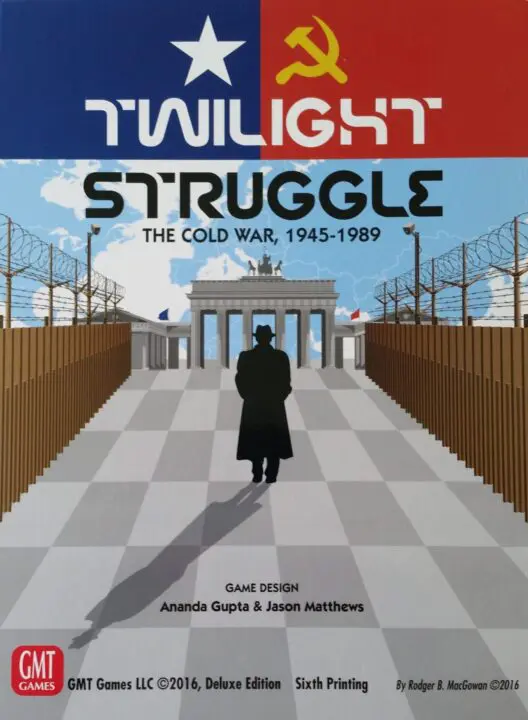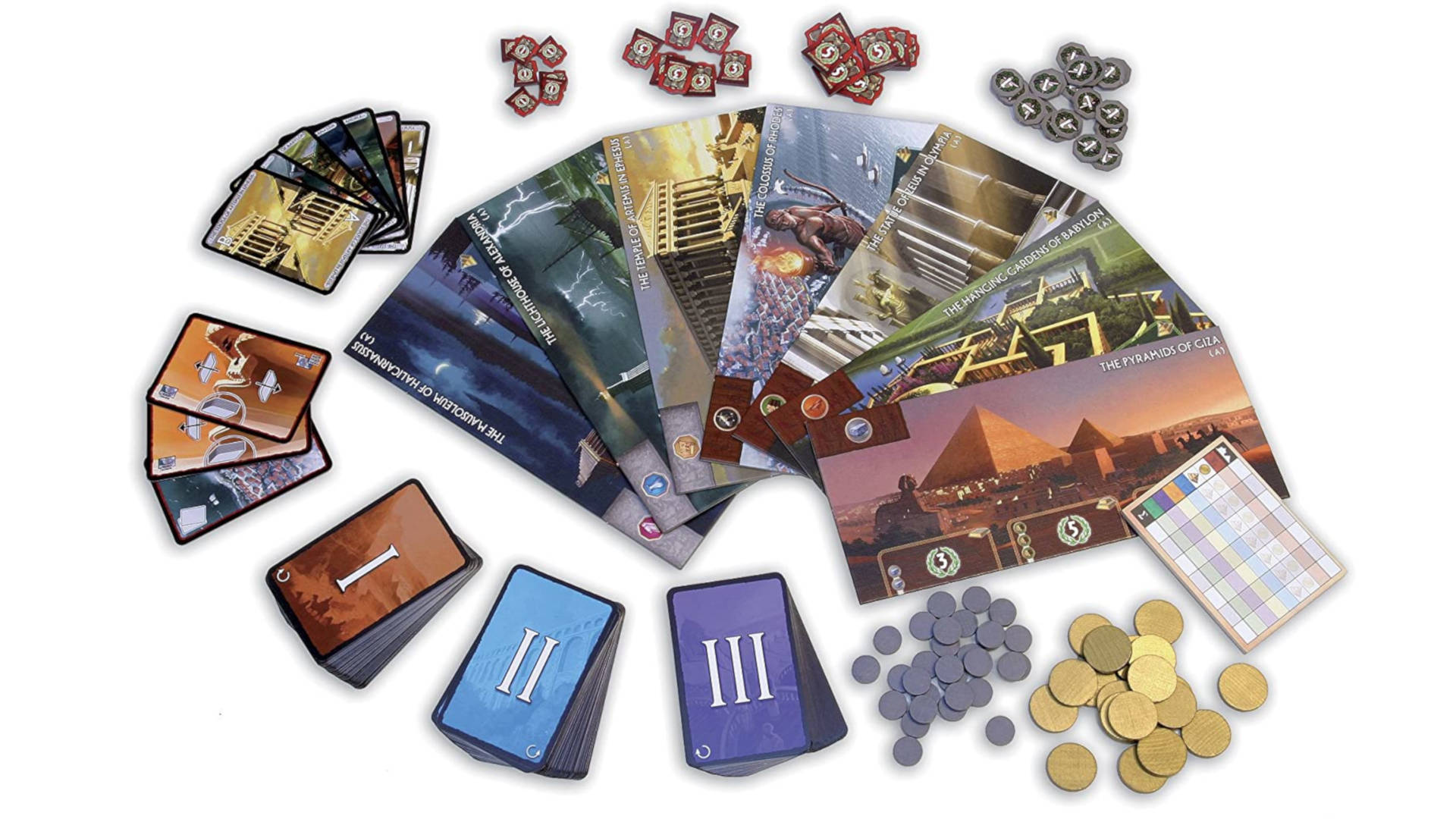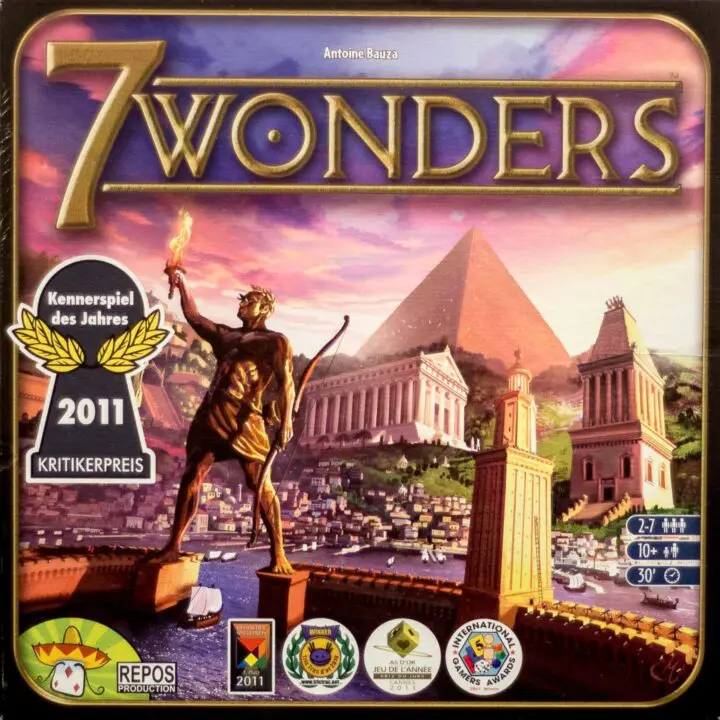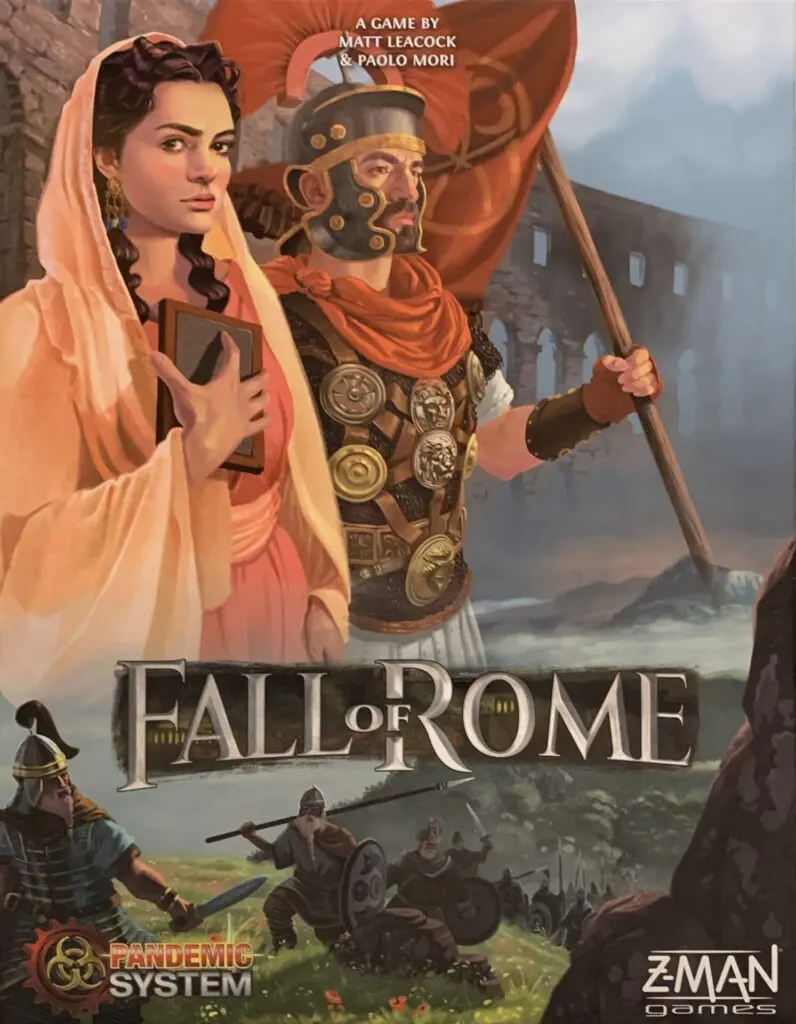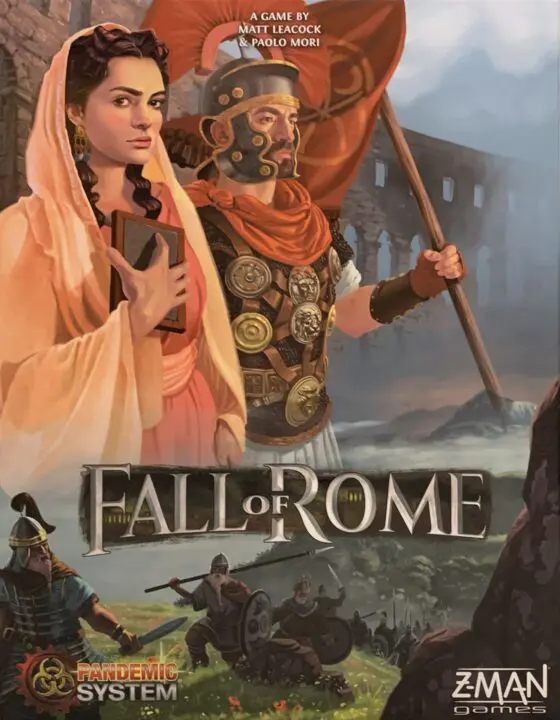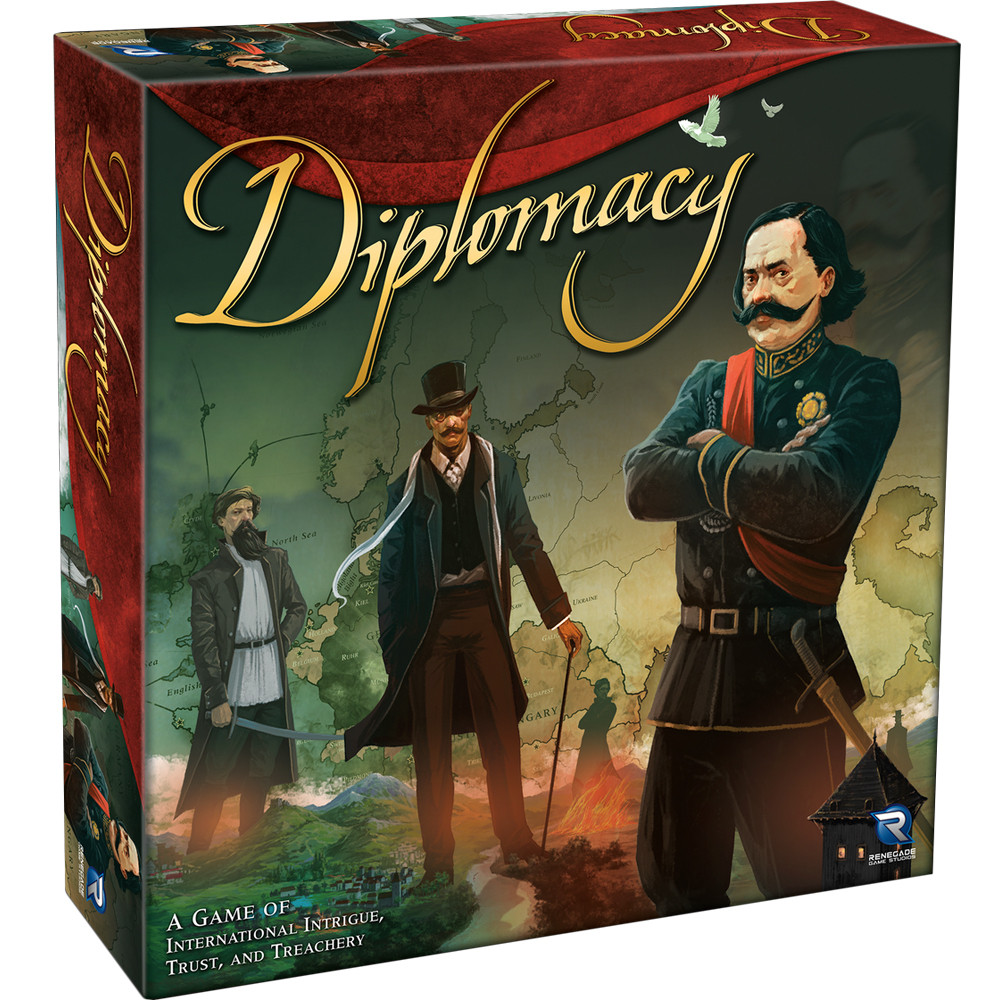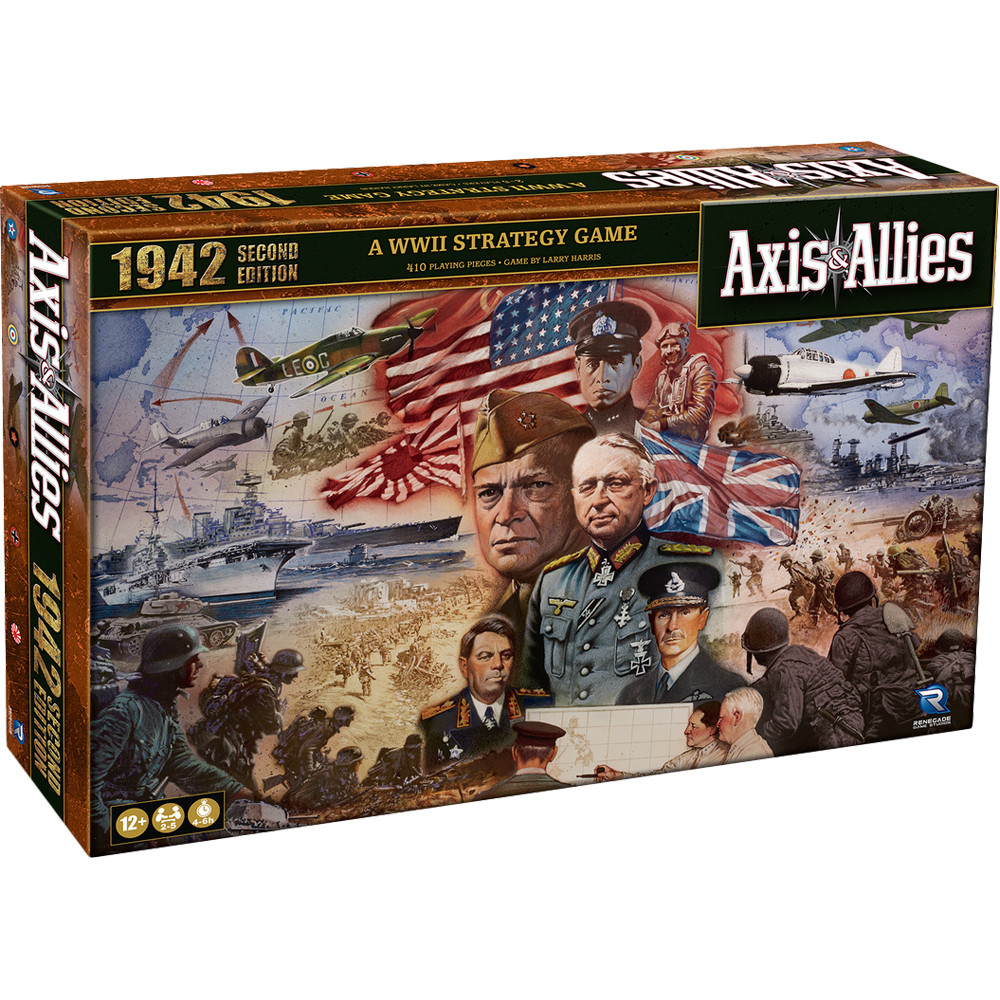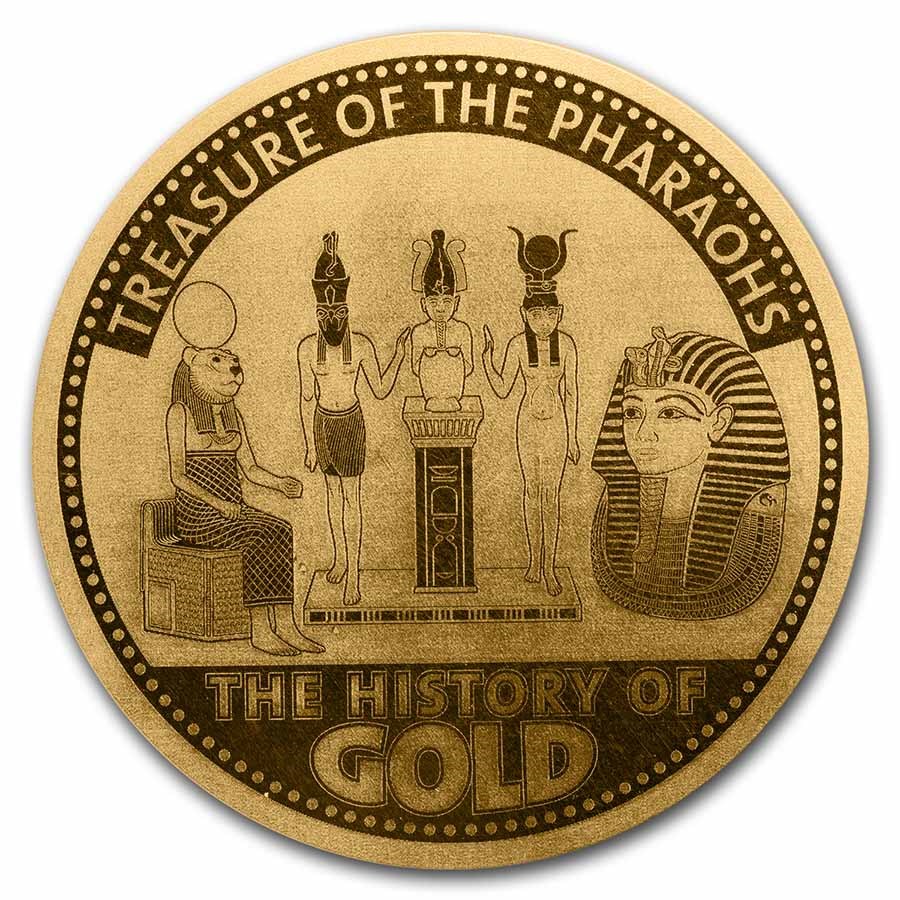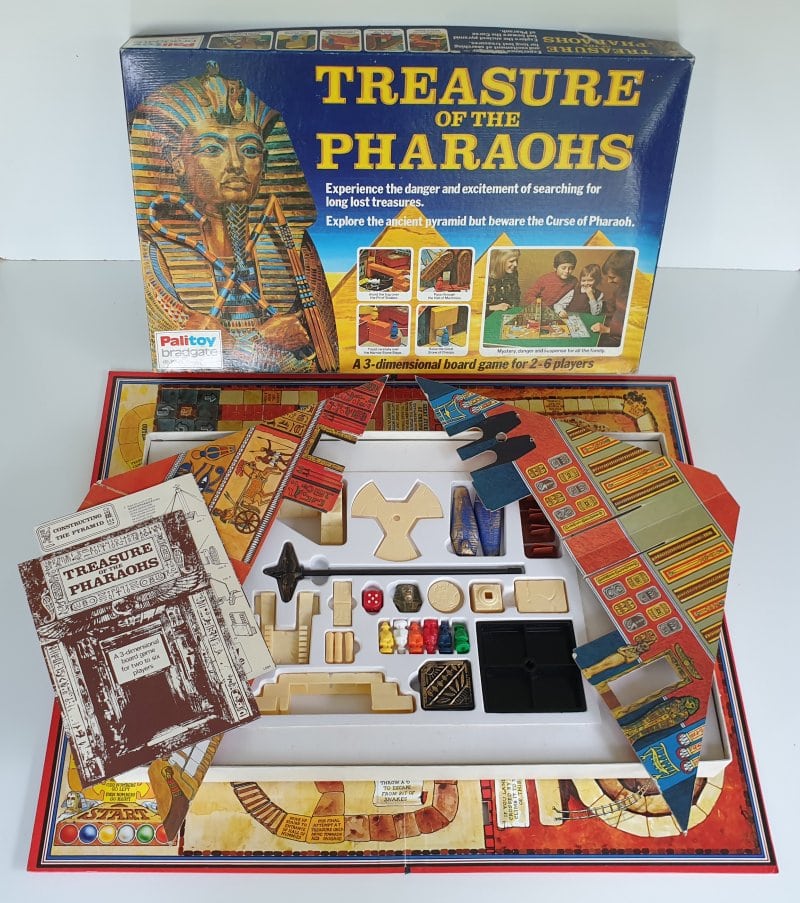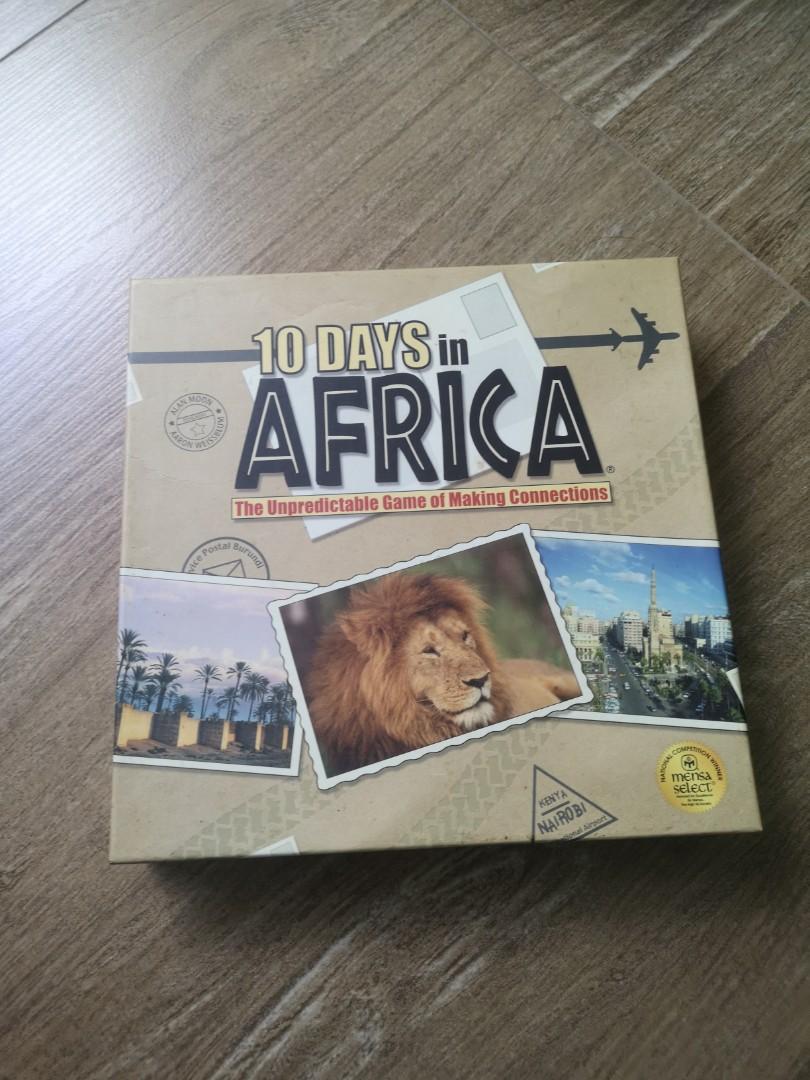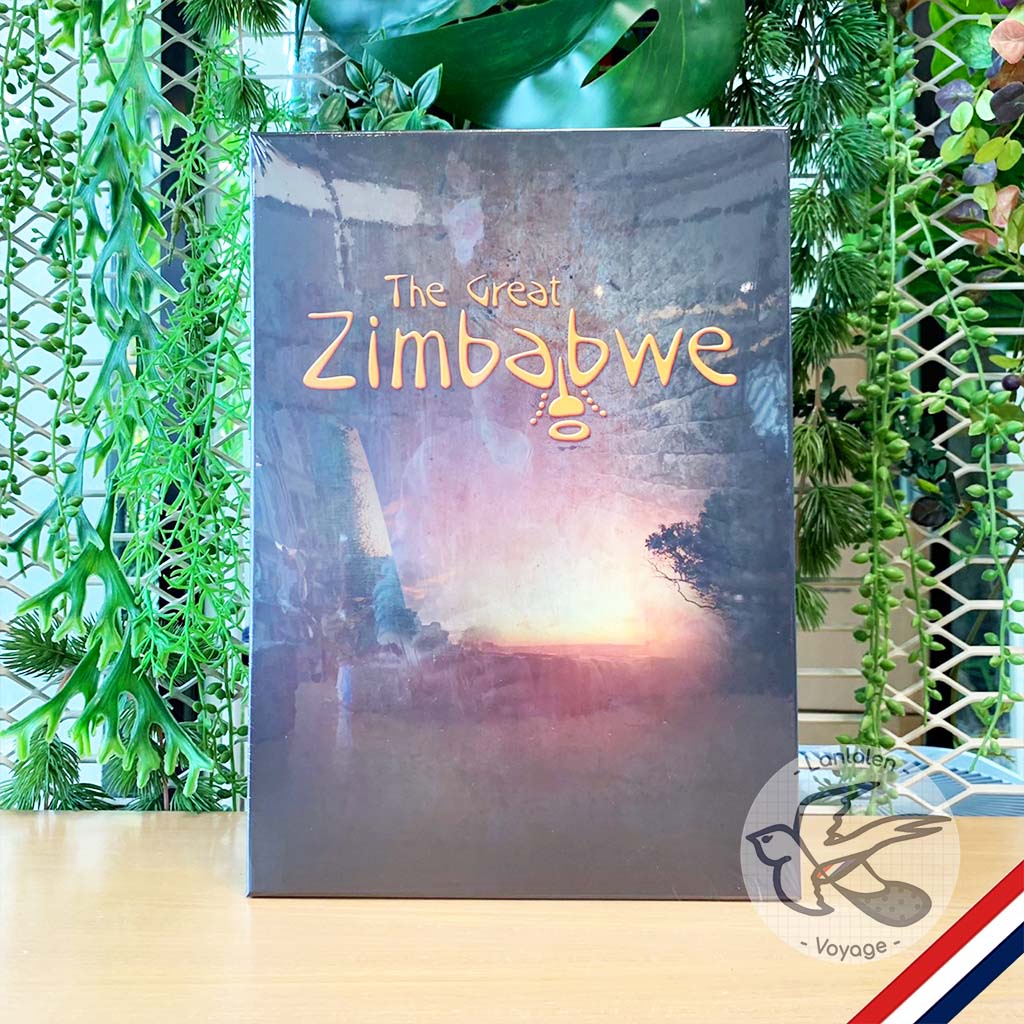A two-player game that plays out over ten rounds, representing the Cold War, where players influence countries and manage resources in a bid to avoid nuclear war[6].
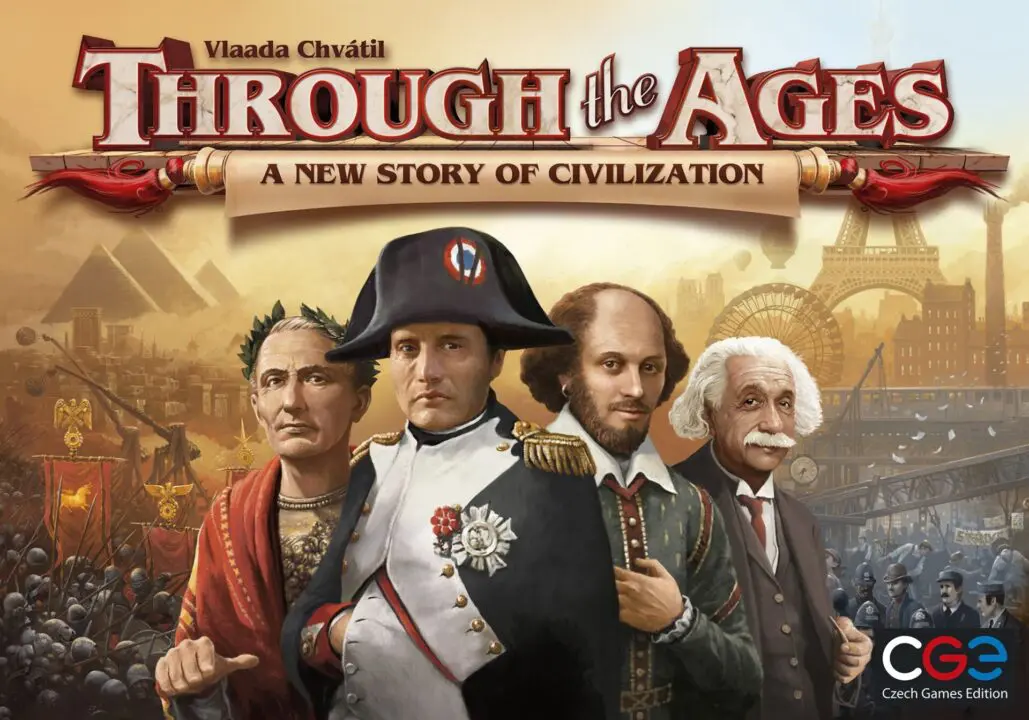
Players develop their civilizations from the ancient era to the modern age, managing resources, military strength, and cultural achievements[8].
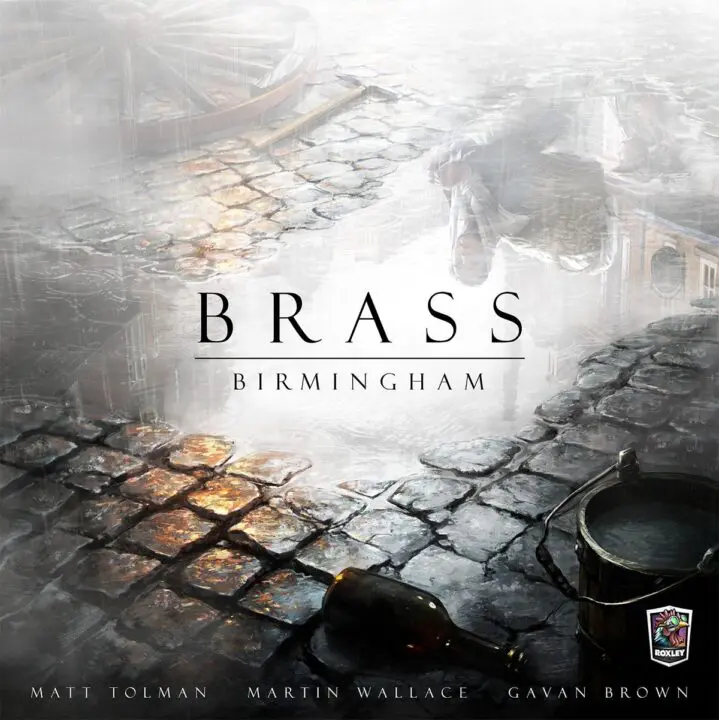
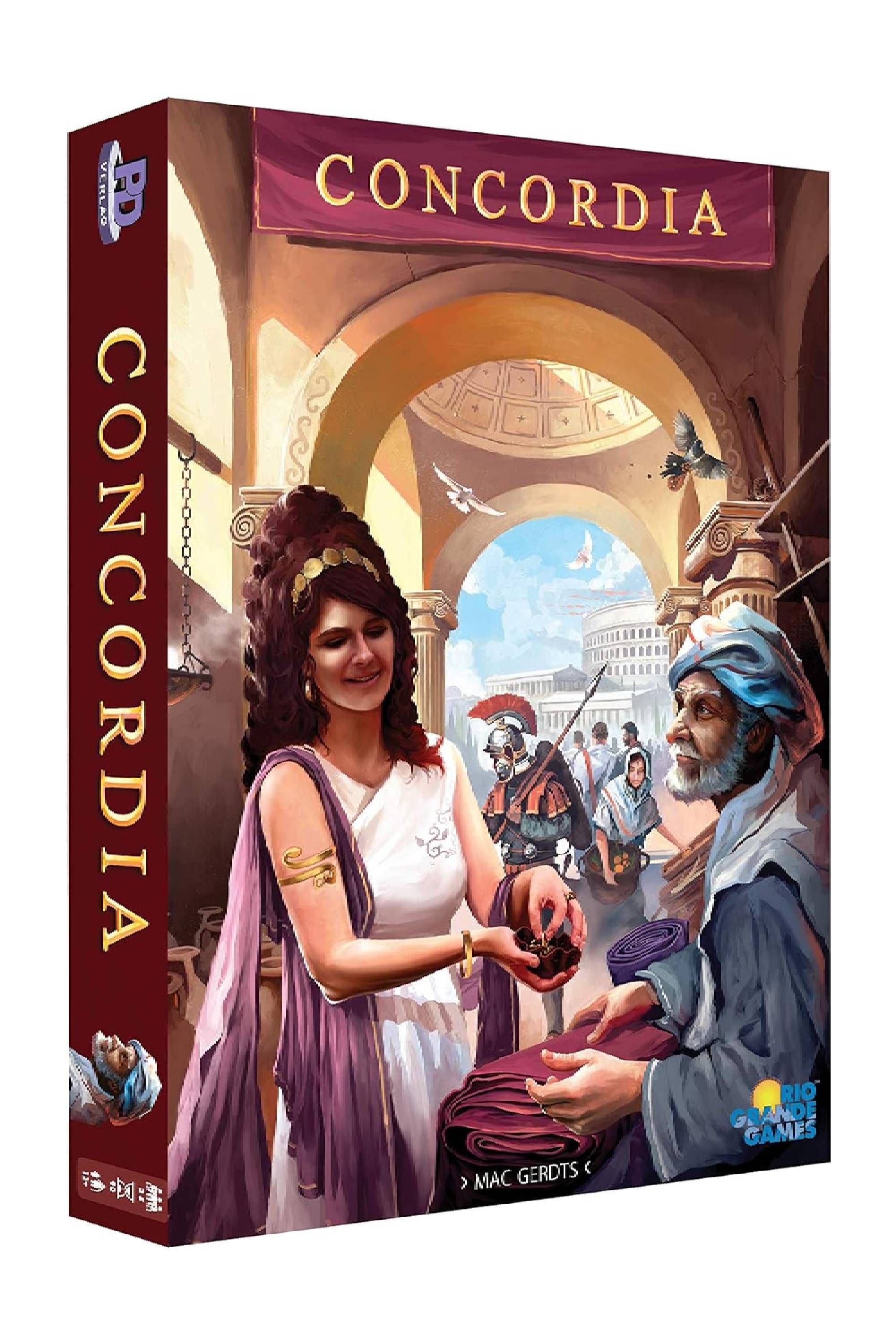
A cooperative game focusing on managing diseases in ancient Roman locations, combining historical themes with classic Pandemic mechanics[8].
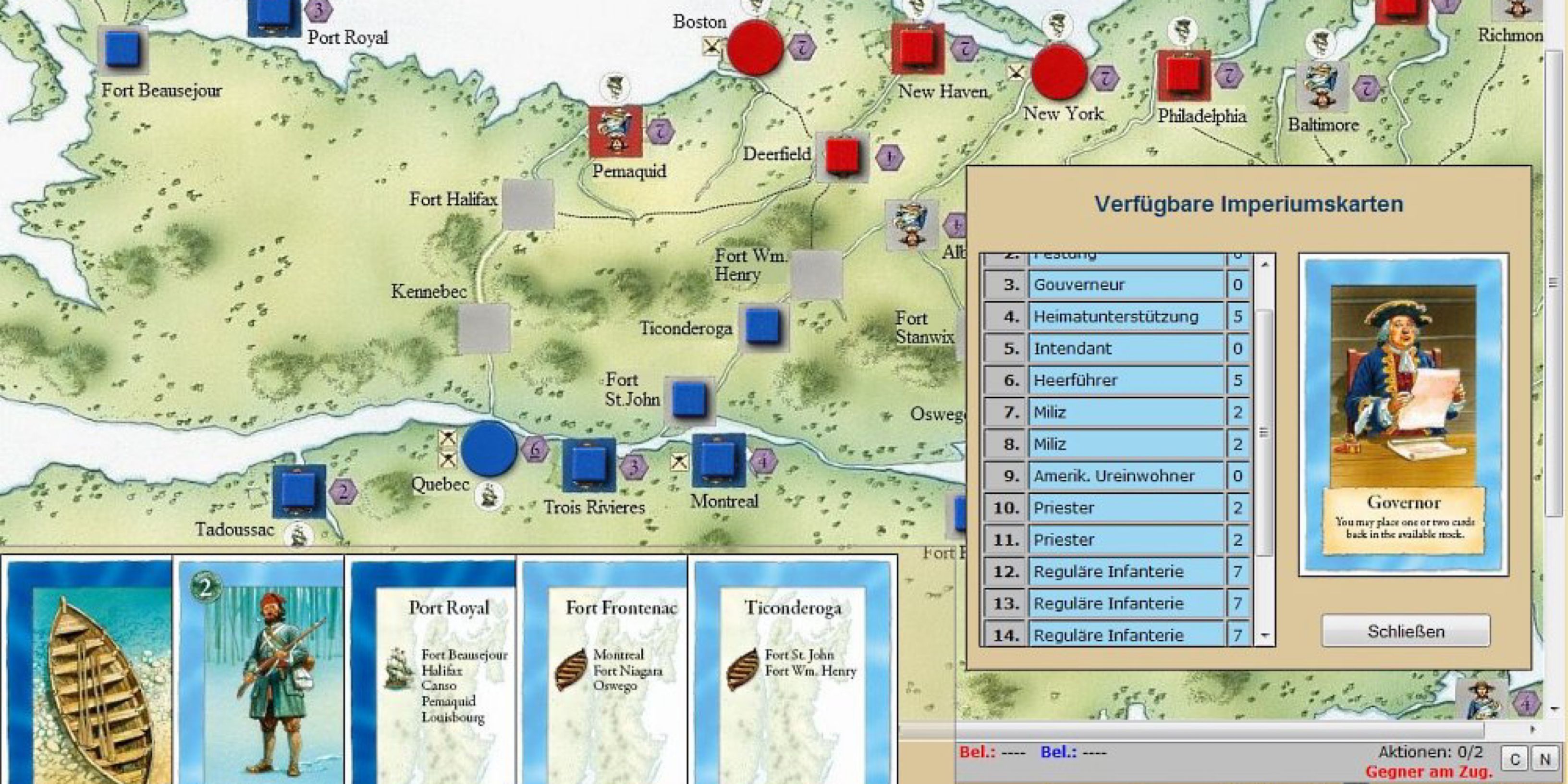
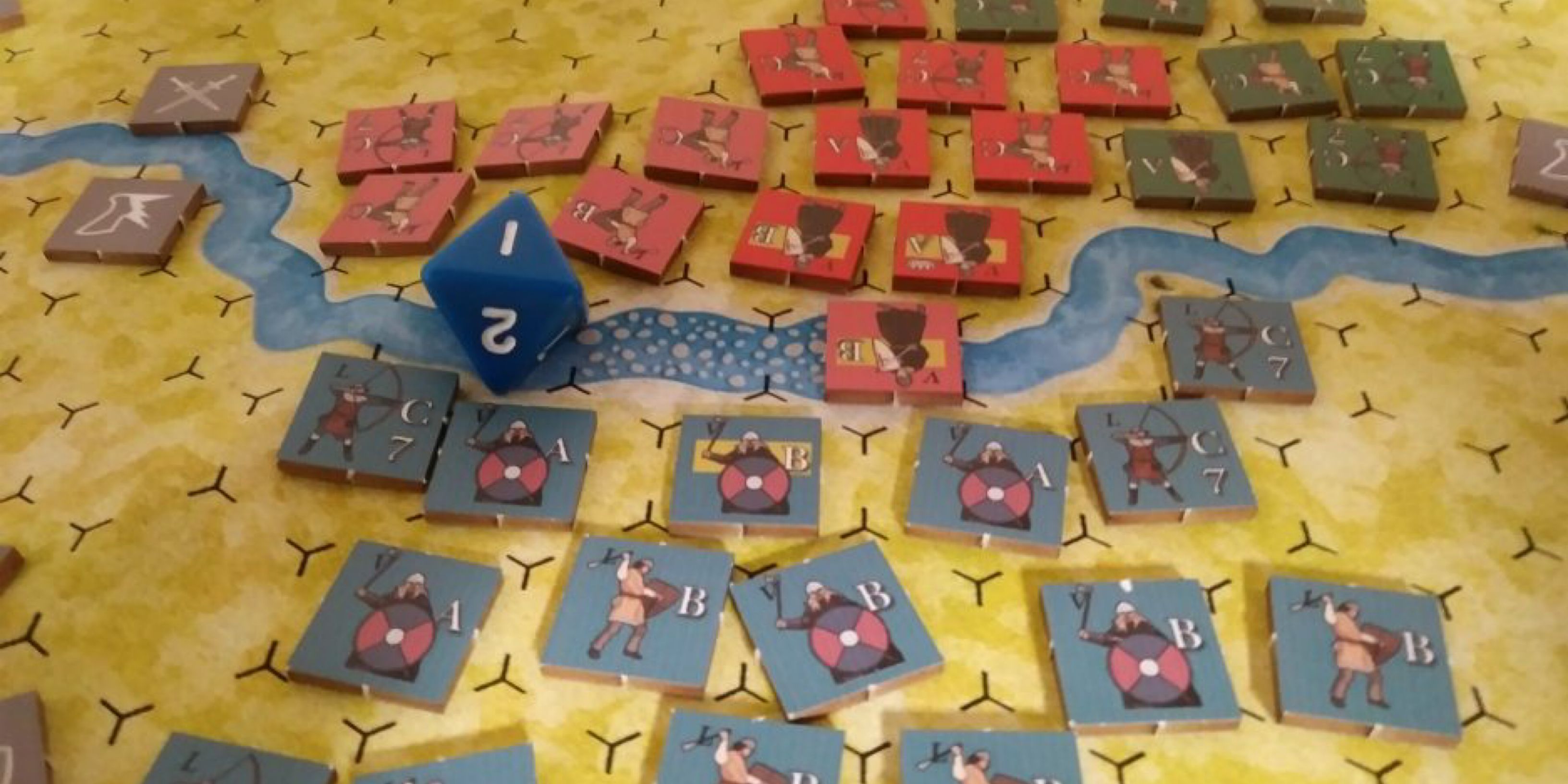
This game revolves around the tactics and challenges faced in ancient warfare, engaging players with command cards and battle dice[6].
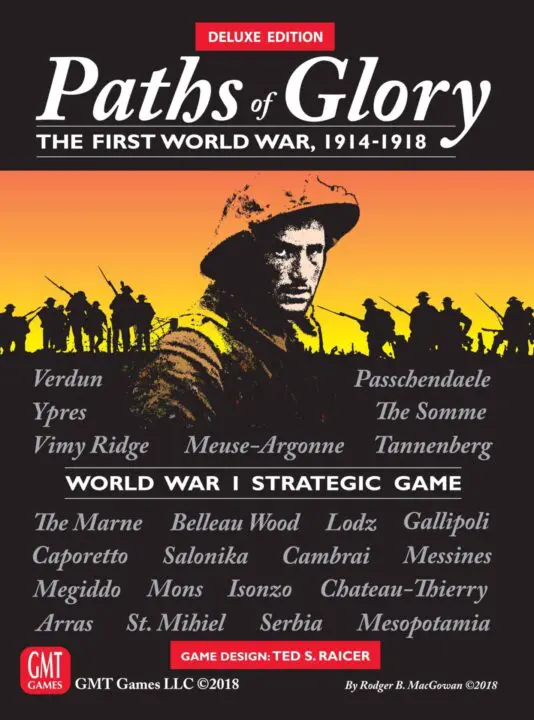
A deep strategic board game that simulates the political and military complexities of World War I[8].
A game focused on negotiations and alliances among European powers in the 19th century, emphasizing strategic planning over luck[7].
Players guide the evolution of empires from ancient times to the 20th century, competing for global dominance[7].
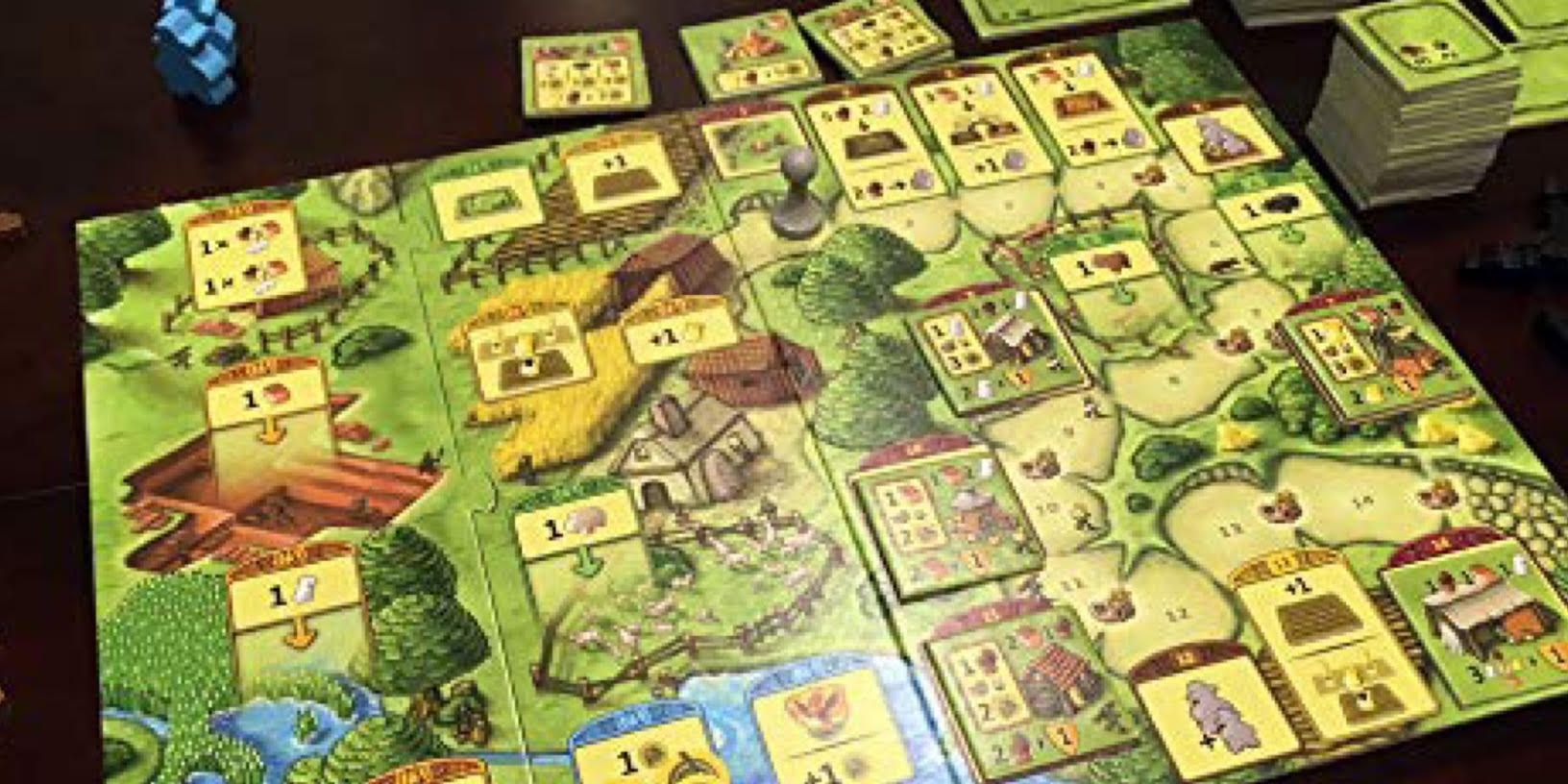
A classic strategic board game that allows players to control major powers during World War II, blending combat and diplomacy[6].

A strategy game set during the American Revolution, where players take control of either British or American forces in a battle for dominance[6].
A fun board game that combines learning with gameplay, focusing on various significant historical events[7].
A trivia game that challenges players' knowledge of historical events and figures, making it educational and fun for all ages[7].
Players explore ancient Egyptian tombs to uncover artifacts, combining strategy with a historical theme[7].
A travel-themed game where players create itineraries while learning about African countries and their cultures[7].
Players build their economies and cultures based on historical foundations, managing resources to elevate their civilization[6].
A game focused on the early stages of the French and Indian War where players vie for control of resources and territory[6].
Get more accurate answers with Super Search, upload files, personalized discovery feed, save searches and contribute to the PandiPedia.
Let's look at alternatives:
- Modify the query.
- Start a new thread.
- Remove sources (if manually added).
- Request a manual search from our human research team.
